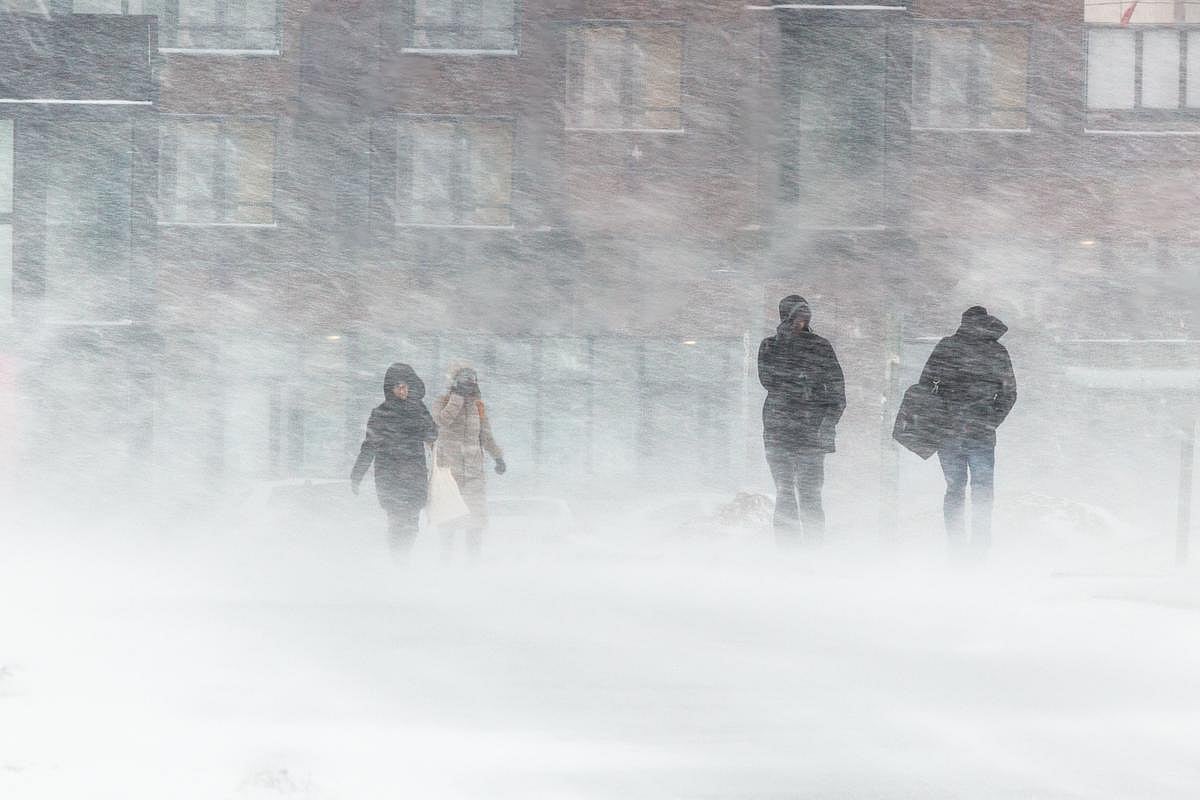Manténgase sano!

- Ernie Mundell
- Posted December 19, 2024
Cold Weather Deaths Keep Rising for Americans
It's a perhaps unexpected consequence of climate change that periods of deep cold now occur more frequently during American winters, despite an overall trend to warmer temperatures year round.
That uptick in cold snaps, along with other possible factors, has been linked to a doubling of U.S. deaths from freezing temperatures since 1999, according to new research published Dec. 19 in the Journal of the American Medical Association..
The findings "warrant public health interventions to improve access to warming centers and indoor heating for vulnerable populations," according to research led by Dr. Rishi Wadhera, an associate professor of health policy and management at Harvard University.
In their study, Wadhera's team tracked U.S. death certificates for the over 63.5 million Americans who died between 1999 and 2022. In total, exposure to cold temperatures was listed as a direct or contributing factor in a death in 0.06% of cases over that time span.
However, the rate at which these deaths occurred more than doubled over the 23 years covered by the study: From 0.44 deaths per every 100,000 people in 1999 to 0.92 deaths per 100,000 by 2022.
That worked out to an 3.4% annual increase in cold-related deaths year-by-year since 1999, the Harvard team calculated.
However, the bulk of the change occurred between 2016 and 2022, they noted, which has coincided with accelerations in climate change.
Certain subgroups of Americans are also at high risk of dying from exposure to freezing weather.
The aged are most vulnerable, because they are "more susceptible to cold weather due to limited thermoregulatory [body temperature] response" and often have underlying health conditions that weaken them further, the authors wrote.
American Indian/Alaska Native populations also had much higher odds of dying from cold exposures, as did Black Americans, compared to white Americans, the study found.
That's consistent with people in minority populations too often living in spaces with a "lack of home insulation or heat," Wadhera's group pointed out.
Besides climate change, the researchers also cited a rise in risk factors such as "homelessness, social isolation and substance use" as playing a potential role in the increase in cold-related deaths.
More information
Find out more on how to protect yourself from cold weather at the National Weather Service.
SOURCE: Journal of the American Medical Association, news release, Dec. 19, 2024
